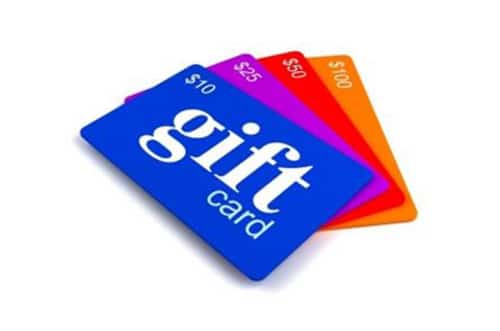$30k fines for breaking new gift card laws

Businesses selling gift cards and vouchers will now need to amend their usage policies, with a national mandate on their expiry dates having taken effect from Friday, 1 November – with hefty penalties introduced.
All gift cards sold from 1 November, 2019 are required to have a minimum expiry period of three years, replacing the one-year typically offered by many retailers. There is also now a ban on most post-purchase fees being imposed on gift card redemptions.
Business breaching the new laws can face penalties of up to $30,000, while individuals can be hit with fines of up to $6,000.
“With the exception of a few limited-use gift cards and vouchers, all gift cards bought from tomorrow (1 November 2019) will automatically come with a minimum three-year expiry period, with the expiry date clearly marked on the card,” said Queensland’s Office of Fair Trading executive director, Brian Bauer.
“Even if cards state an earlier expiry date, the statement will be invalid and consumers will be entitled to the mandatory three-year period from date of purchase.
“The changes follow a thorough consultation process with industry and consumers to ensure the right balance for the marketplace was achieved.”
According to Mr Bauer, the federal move was designed to put an end to an estimated $70 million lost by consumers each year due to expiry dates on gift cards and vouchers.
Western Australia’s commissioner for Consumer Protection, David Hillyard, agreed that it is a win for Australian consumers.
“To help prevent such losses and to make gift cards fairer for consumers, federal, state and territory consumer agencies worked together to introduce new rules around gift card expiry dates and post-purchase fees and charges,” he said.
“It will also be illegal for traders to charge post-purchase fees or administration charges that will reduce the value of the gift card, such as activation, account keeping and balance enquiry fees.
“However, traders will be able to charge fees they would normally charge as part of a transaction, such as overseas transaction fees, booking fees, or fees charged to replace a lost, stolen or damaged card.
“They will also be able to charge an upfront fee for the purchase of the gift card. Whether consumers choose to accept an upfront fee and proceed with the purchase will be up to them.”
More information on the new gift card laws can be found on the federal government’s Australian Consumer Law website.